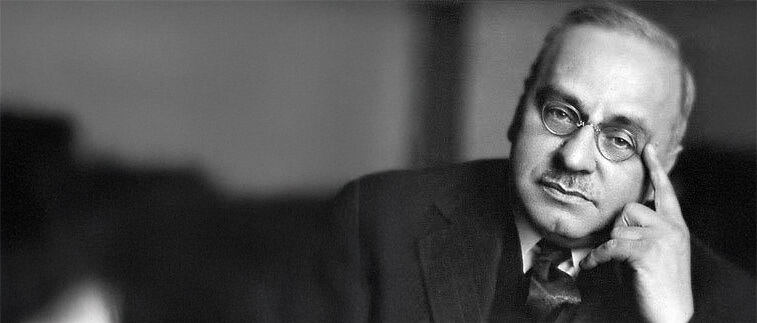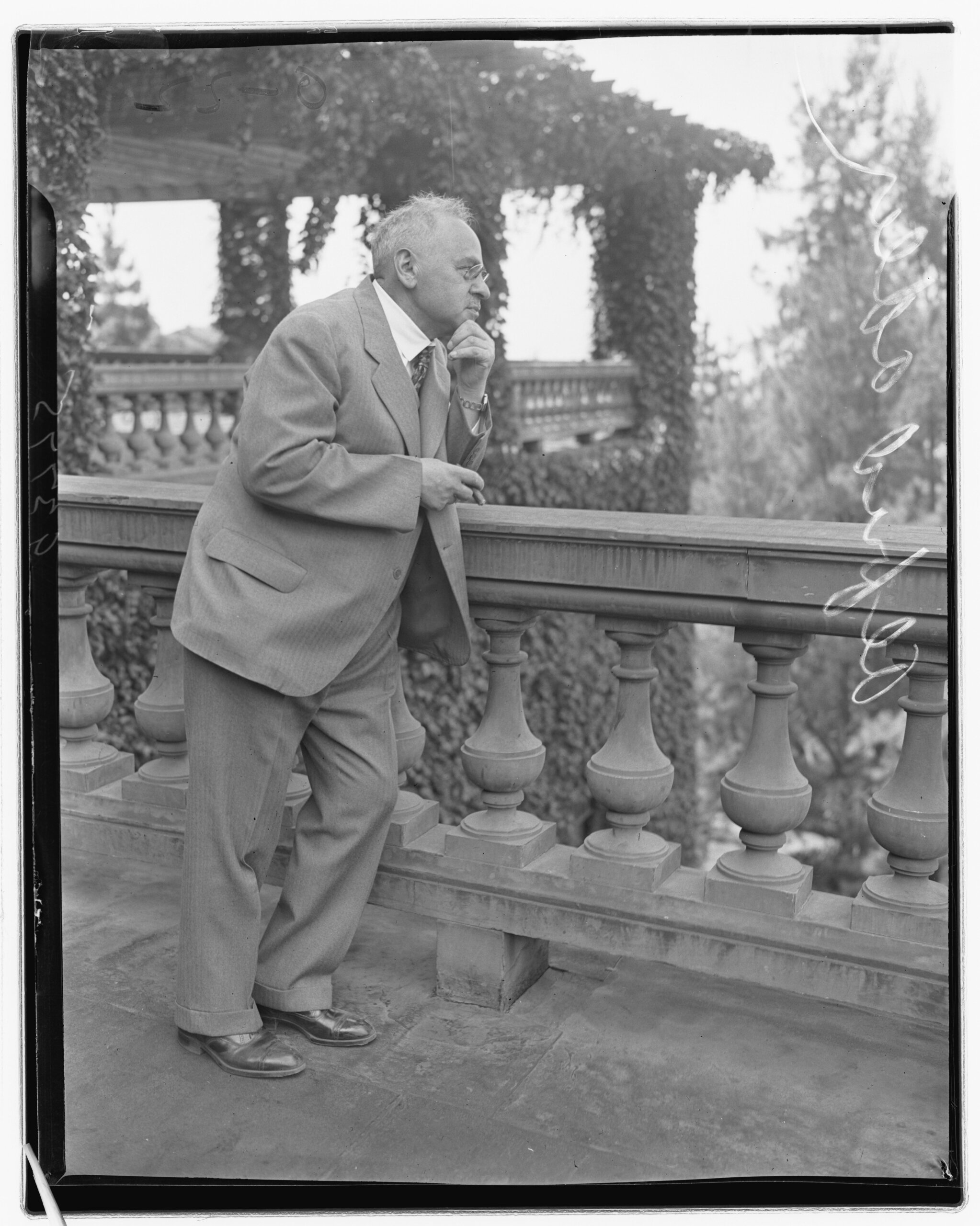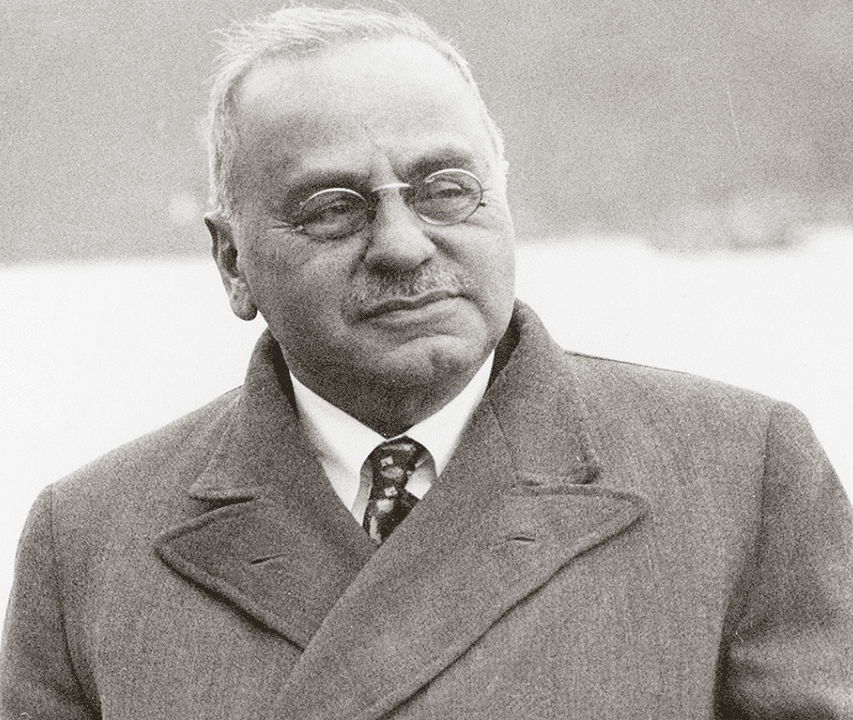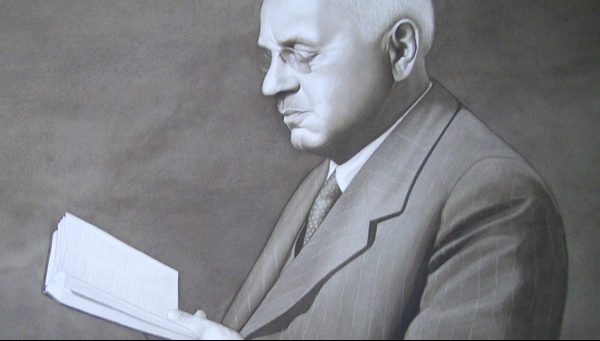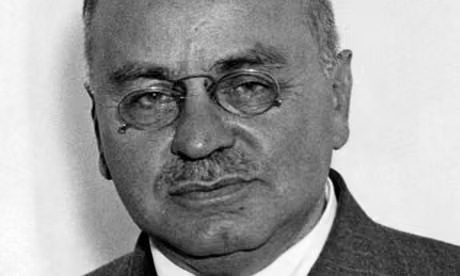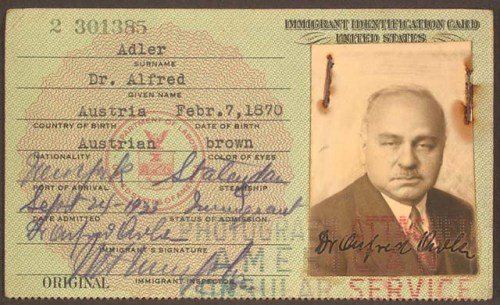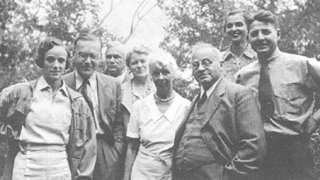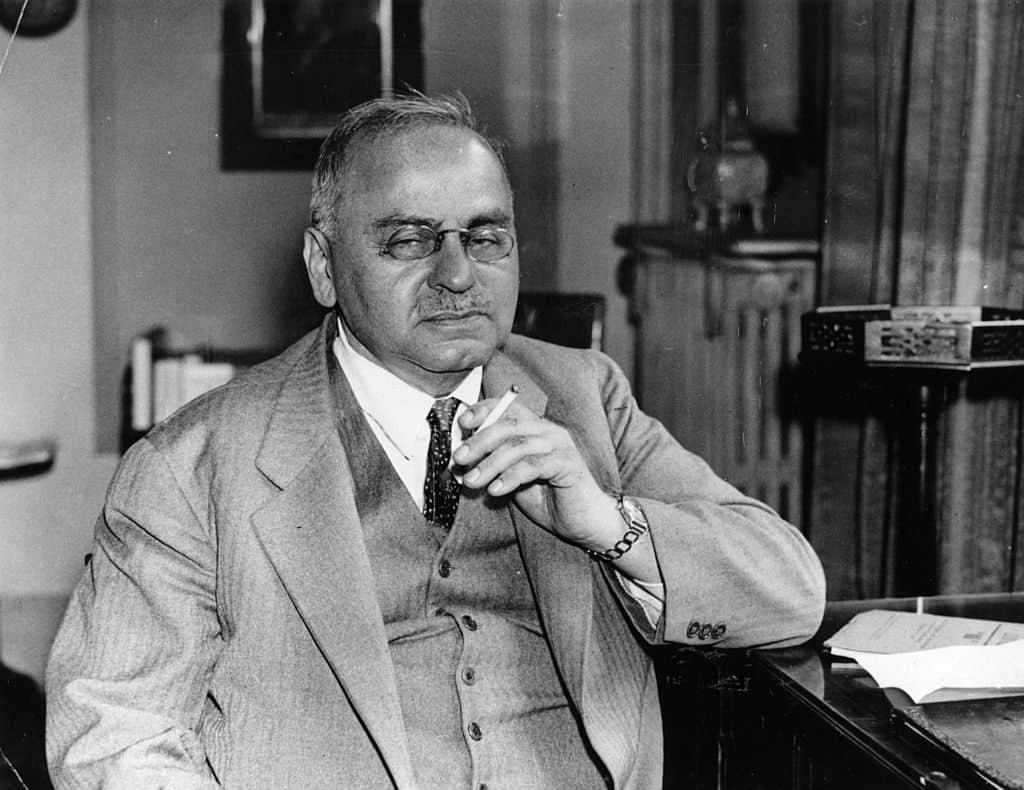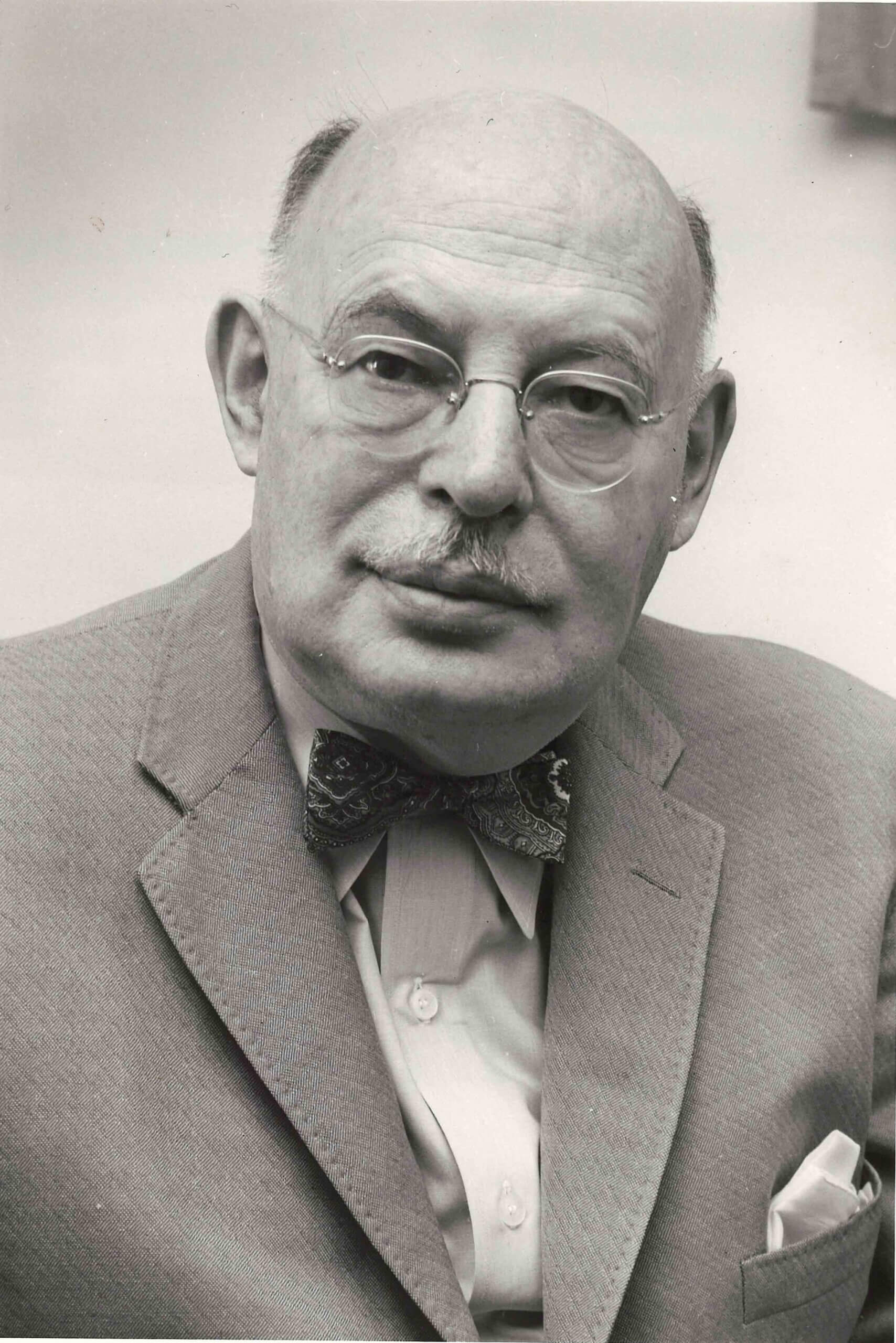about dr. adlER
Alfred Adler was a physician, psychotherapist, and the founder of Adlerian psychology, also referred to as Individual Psychology.
Alfred Adler is widely recognized as the first community psychologist, pioneering an approach that placed community life, prevention, and population health at the center of psychological thought. His groundbreaking work shifted the field beyond the individual, demonstrating how social environments shape people’s ability to live, connect, and thrive. From this perspective emerged Adlerian psychology, an approach rooted in contribution and shared responsibility that frames well-being as nurtured through relationships and collective action.
This vision carried into Adler’s practice. He was among the earliest to provide family and group counseling, recognizing that people heal and grow in connection with others. He championed the use of public education as a way to strengthen community health, ensuring that knowledge and resources reached far beyond the consulting room. Decades before these ideas gained broad acceptance, Adler wrote about the social conditions that influence both physical and mental health. His legacy remains a foundation for Adler University today, shaping our mission to prepare leaders who advance health and well-being in communities worldwide.
Gemeinschaftsgefühl
Gemeinschaftsgefühl (a German term meaning “community feeling” or “social feeling”) was introduced by Alfred Adler to capture the idea that true psychological health comes from a sense of belonging and responsibility to others. It describes the human capacity and need to connect, to cooperate, and to contribute to the common good.
While the root word Gemeinschaft (“community”) comes from the German sociologist Ferdinand Tönnies, Adler transformed the concept into something entirely new within psychology. He took what was originally a sociological distinction between Gemeinschaft (community) and Gesellschaft (society/association) and expanded it into a principle of human development. For Adler, Gemeinschaftsgefühl was not just about social structure, but about empathy, cooperation, and social responsibility as the foundation of individual well-being and collective progress.
Early Life + education
Adler was born just outside of Vienna on February 7, 1870. After graduating with a medical degree in 1895 from the University of Vienna, he began his career as an ophthalmologist, but soon switched to general practice in a less affluent area of Vienna near an amusement park and circus. Working with people from the circus, Adler was inspired by the performers’ unusual strengths and weaknesses. It has been suggested that Adler began to develop his insights on compensation and inferiority during this time.
Key years
His Concepts + impact
A visionary
Building on Alfred Adler’s legacy, Rudolf Dreikurs introduced Individual Psychology to Chicago in 1937 with the founding of the Individual Psychology Society. A year later, he launched the first Child Guidance Center on the city’s South Side, offering parenting education and mental health support rooted in community care. In 1941, Dreikurs expanded his efforts with a second center at the Jane Addams Hull House Mary Crane Nursery, where he and his family lived. By 1952, he opened a third center in the Lakeview neighborhood, establishing a model of accessible, community-based mental health care that continues to shape Adler University’s mission and impact today.

